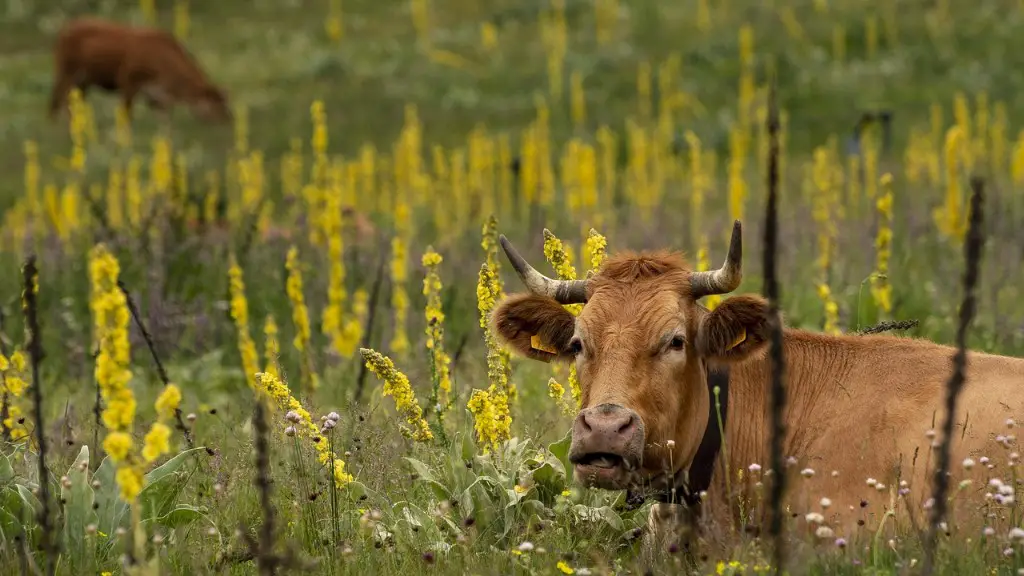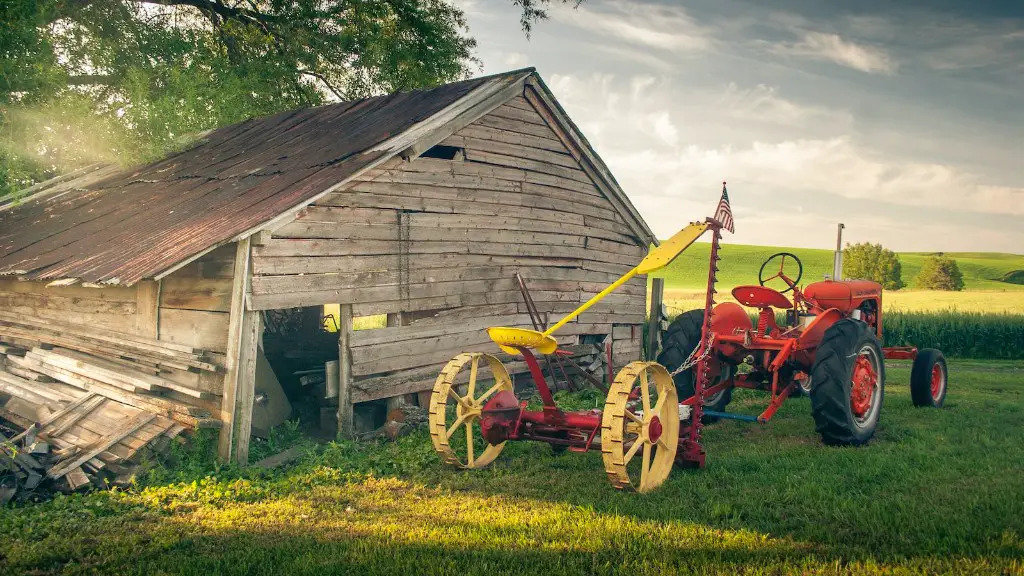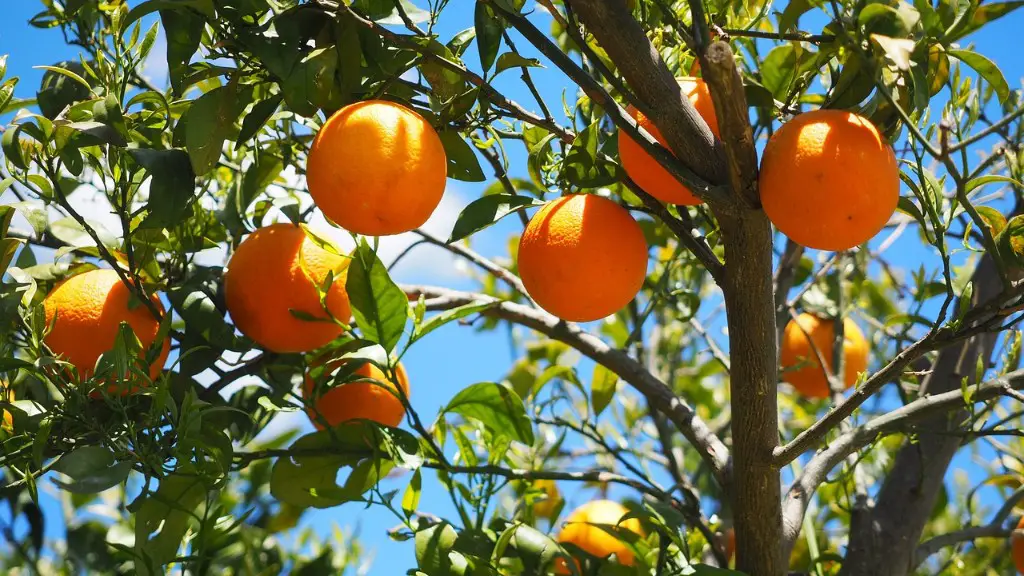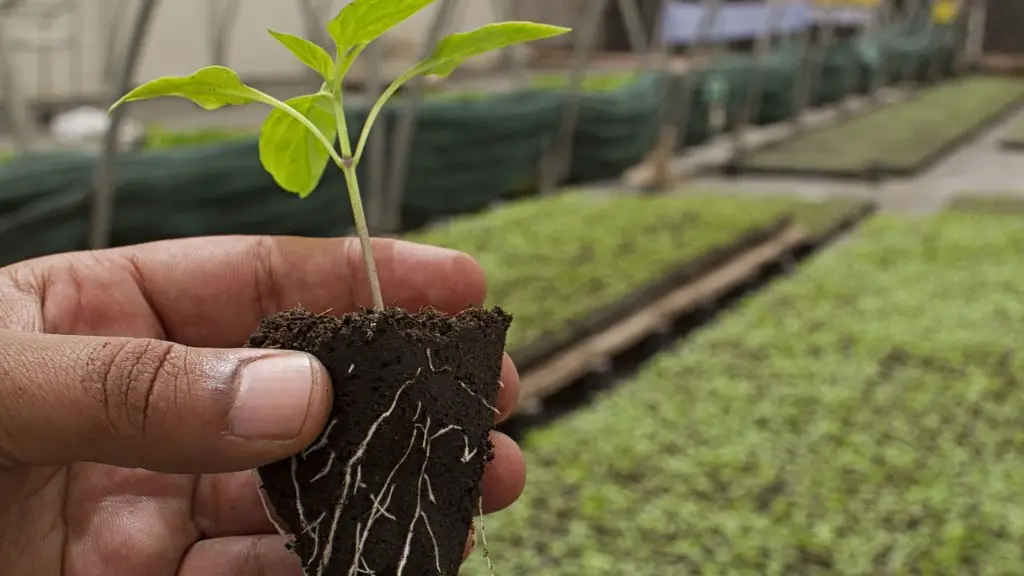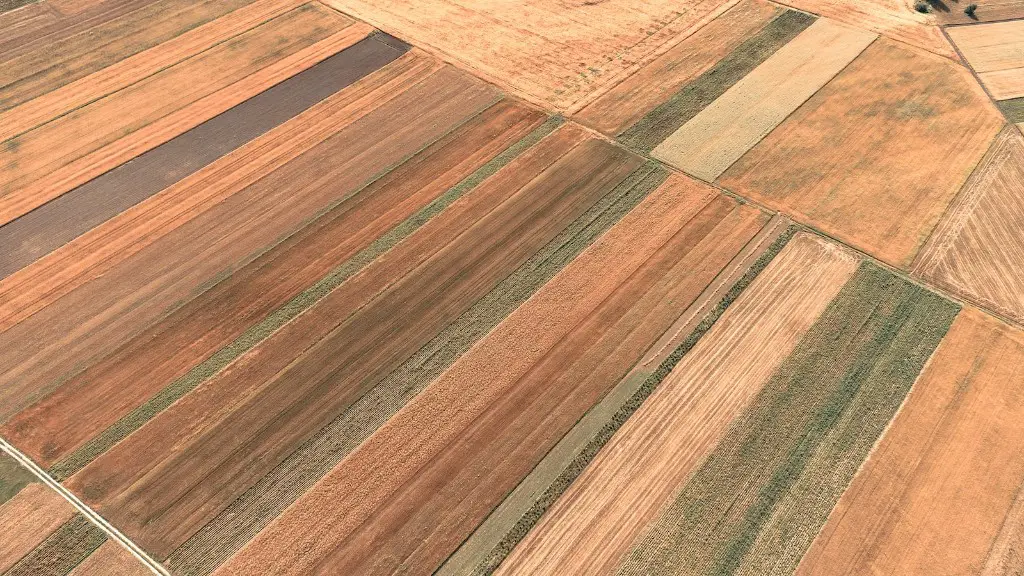The United States Department of Agriculture is a federal government agency that is responsible for many different things related to agriculture, food, and rural development. Some of the things that the USDA does include providing support for farmers and ranchers, promoting agricultural trade and production, working to end hunger and improve nutrition, and helping to conserve our natural resources.
The United States Department of Agriculture (USDA) is a federal executive department responsible for developing and executing U.S. federal government policy on farming, agriculture, forestry, and food. As a cabinet-level department, its head is the Secretary of Agriculture, who is appointed by the President with the advice and consent of the Senate.
What does the US Department of Agriculture USDA regulate?
The United States Department of Agriculture (USDA) is responsible for a wide range of activities that protect and promote US agricultural health, administer the Animal Welfare Act, carry out wildlife damage management activities, and ensure that America’s agricultural exports are protected from unjustified trade restrictions. The USDA is a vital part of the US government’s effort to ensure that our country’s food supply is safe and healthy, and that our agricultural exports are able to compete in the global marketplace.
The Department of Agriculture (USDA) is responsible for providing leadership on food, agriculture, natural resources, and rural development. The USDA strives to provide the best possible public policy, science, and management in order to improve the quality of life for all Americans.
What are 2 agencies under the US Department of Agriculture
The FPAC Business Center is a great example of how government agencies can work together to provide better services to their employees and customers. By combining the talents of employees from all three agencies, the Business Center is able to offer a wide range of services that would be difficult for any one agency to provide on its own. This is a great example of how government agencies can work together to provide better services to the American people.
The United States Department of Agriculture (USDA) offers a range of advice to help Americans reduce food waste, which in turn increases household food budgets and makes nutritious diets more affordable. Some of the suggestions include:
-planning ahead when grocery shopping and cooking, so that you only buy and prepare what you need
-storing food properly to keep it fresh for longer
-donating extra food to pantries or food banks
-composting food scraps instead of throwing them away
What is difference between FDA and USDA?
The USDA and FDA are responsible for different aspects of food in the United States. The USDA oversees meat, poultry, eggs, and produce, while the FDA regulates nutrition facts labels on all processed food. The USDA also handles the agencies responsible for US dietary guidelines and Supplemental Nutrition Assistance Program (SNAP) benefits.
The Food Safety and Inspection Service is responsible for ensuring that meat, poultry, Siluriformes, and eggs are safe and are properly labeled and packaged. The safety of these products is ensured through regular inspections of facilities that produce these items. These inspections help to ensure that food safety standards are being met and that products are safe for consumption.
What is the main purpose of agricultural development?
Agricultural development is key to food security and improving the livelihoods of small-scale farmers. It can help them increase their crop yields, start new enterprises, and access new markets. In turn, this can boost rural economies and reduce poverty. Agricultural development is therefore an important part of any poverty reduction and food security strategy.
Tom Vilsack is the current United States Secretary of Agriculture, a position he has held since 2009. He is a member of the Democratic Party, and served as the 40th Governor of Iowa from 1999 to 2007.
Born in Pittsburgh, Pennsylvania, Vilsack grew up in Mount Pleasant, Iowa. He received a bachelor’s degree in history from Hamilton College in New York and a Juris Doctor from Albany Law School. He worked as a lawyer in private practice before being elected to the Iowa Senate in 1992.
He was elected governor in 1998 and served two terms, during which time he oversaw a period of economic growth in the state. He was reelected in 2002 with all 99 counties of Iowa voting for him. He also served as Chair of the Midwestern Governors Association and the Midwestoxidation and Health Commission.
On November 30, 2006, he announced his candidacy for the 2008 Democratic presidential nomination, but he withdrew from the race on February 23, 2007. In January 2009, newly elected President Barack Obama nominated Vilsack to be Secretary of Agriculture. Vilsack was confirmed by the Senate on January 20, 2009, and sworn in the next day.
As Secretary of Agriculture, Vilsack has been a strong advocate for
What does the Department of Agriculture spend money on
Mandatory programs are those that are required by law, but are not funded through annual appropriations. They include crop insurance, nutrition assistance programs, farm commodity and trade programs, and a number of conservation programs. While they are not funded through annual appropriations, they are still required by law and provide crucial services to those who rely on them.
The USDA is a major player in rural development, particularly housing. It also oversees and implements programs related to the farming, ranching, and forestry industries and regulates food quality and safety, and nutrition labeling. The USDA is a critical agency for those living in rural areas and for the agricultural industry as a whole.
Why Department of Agriculture is Important?
The Department of Agriculture (DA) is responsible for the promotion of the country’s agricultural development. The DA provides policy framework, public investment, and support services needed for domestic and export-oriented businesses. The DA is also responsible for the regulation of the agricultural sector, including the development of programs and initiatives that will ensure the sector’s sustainability.
Agriculture, food, and related industries play a significant role in the US economy, contributing over $1264 trillion to GDP in 2021. This sector accounts for 54% of the country’s GDP, with agriculture alone contributing $1647 billion. The sector plays a vital role in providing food and other essential goods and services to the population, and its importance is likely to continue to grow in the future.
What are 5 government agencies that protect consumers
The Consumer Financial Protection Bureau (CFPB) is a regulatory agency that is tasked with protecting consumers from deceptive financial products. The agency has the authority to take enforcement action against companies that engage in unfair, deceptive, or abusive acts or practices. The CFPB also has the authority to issue rules and regulations in order to prevent such practices from occurring in the future.
The agency was established in 2010 in response to the financial crisis of 2007-2008. Since its inception, the CFPB has taken action against a number of companies for engaging in deceptive practices. The agency has also issued a number of rules and regulations aimed at protecting consumers from deceptive financial products.
The CFPB is headed by a Director, who is appointed by the President and confirmed by the Senate. The current Director is Richard Cordray.
The USDA is responsible for regulating meat, poultry, and egg products. However, the FDA is responsible for regulating the majority of the food supply, including dairy, seafood, produce, packaged foods, bottled water, and whole eggs.
Do the FDA and USDA work together?
The FDA’s role in food safety is to ensure that regulatory oversight is in place so that, when new food products are developed, they are safe and properly labeled. This oversight is crucial to protecting the public from harmful food products. USDA-FSIS also plays a role in food safety, ensuring that food products are properly inspected and safe for consumption. Together, these two agencies work to keep the food supply safe for everyone.
The FSIS inspects all egg products, with and without added ingredients, with the exception of those products exempted under the Act. Officially inspected egg products will bear the USDA inspection mark.
Warp Up
The United States Department of Agriculture (USDA) is responsible for developing and executing federal government policy on farming, agriculture, and food. The Department also promotes agricultural production and research, assists farmers and ranchers, and provides food assistance through programs like the Supplemental Nutrition Assistance Program (SNAP).
The United States Department of Agriculture is responsible for ensuring that Americans have access to safe and healthy food. The department also works to ensure that farmers and ranchers have the resources they need to produce high-quality food. In addition, the USDA provides assistance to low-income families and individuals who need help buying food. The department also works to promote American agriculture and food products around the world.
